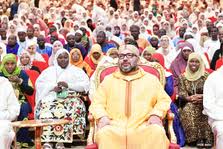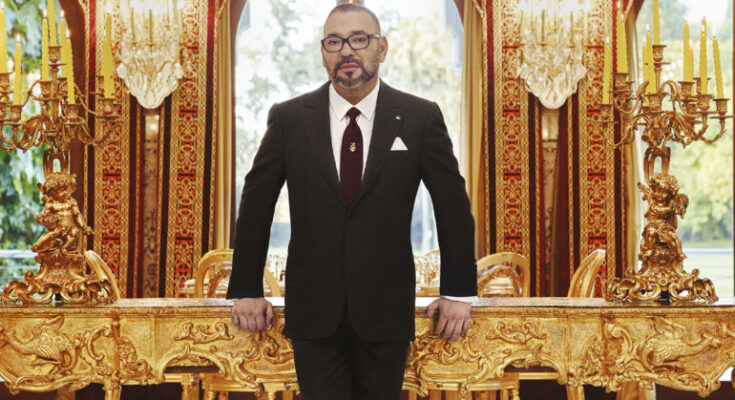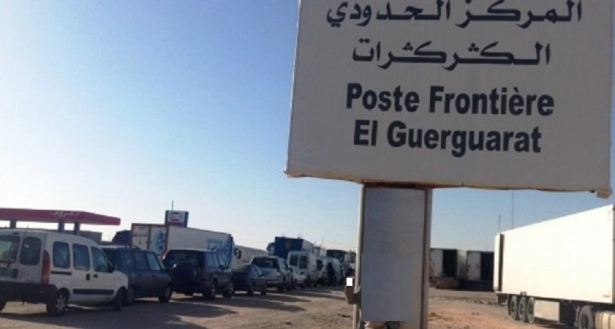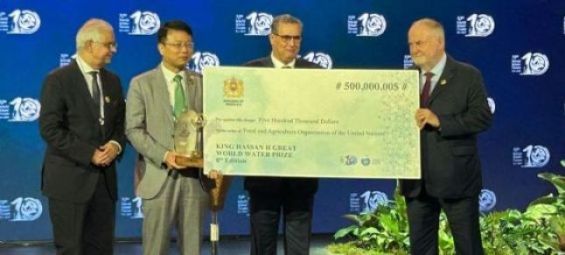 Morocco is set to build on its moderate school of Islam as a bulwark against extremism conducive to pre-empting radicalism at home and abroad. To that end, the country has extended the project of the Mohammed VI Institute for the Training of Imams to respond to the growing demand from a number of countries.
Morocco is set to build on its moderate school of Islam as a bulwark against extremism conducive to pre-empting radicalism at home and abroad. To that end, the country has extended the project of the Mohammed VI Institute for the Training of Imams to respond to the growing demand from a number of countries.
Morocco’s King Mohammed VI, in his quality as Commander of the Faithful, has inaugurated Friday the extension project of the Rabat based institution which opened in 2015 and which gradually became a vector of religious diplomacy aiming to counter the terrorist threat that feeds on extremist interpretations of religions.
The Imam training center aims to play a leading role in fighting religious radicalism via instilling the values of moderate form of Islam in the next generation of Muslim religious leaders from across the region and the world.
To date, the Institute has enrolled students from Mali, Guinea, Côte d’Ivoire, Tunisia, France, Nigeria and Chad. Morocco has also signed agreements to train imams from several other countries, including Libya and Belgium.
This third extension, carried out by the Moroccan ministry of Endowments and Islamic Affairs for a total amount of $17.5 million, covers an area of 10,000 square meters, and includes a pedagogical space with a capacity of 640 seats, a large 1,100 seat-amphitheater, and a residential space of 350 beds.
Speaking during the inauguration ceremony, the minister of Endowments and Islamic Affairs, Ahmed Toufiq, said that the number of the Institute’s graduates from foreign countries has so far reached 712 imams and preachers.
Toufiq added that 778 foreign students are currently pursuing their studies at the institute, stressing that the duration of the training takes into consideration the educational level of the candidates, especially in terms of their mastery of the Arabic language.
Apart from foreign preachers, the institute receives every year some 150 Moroccan students.


